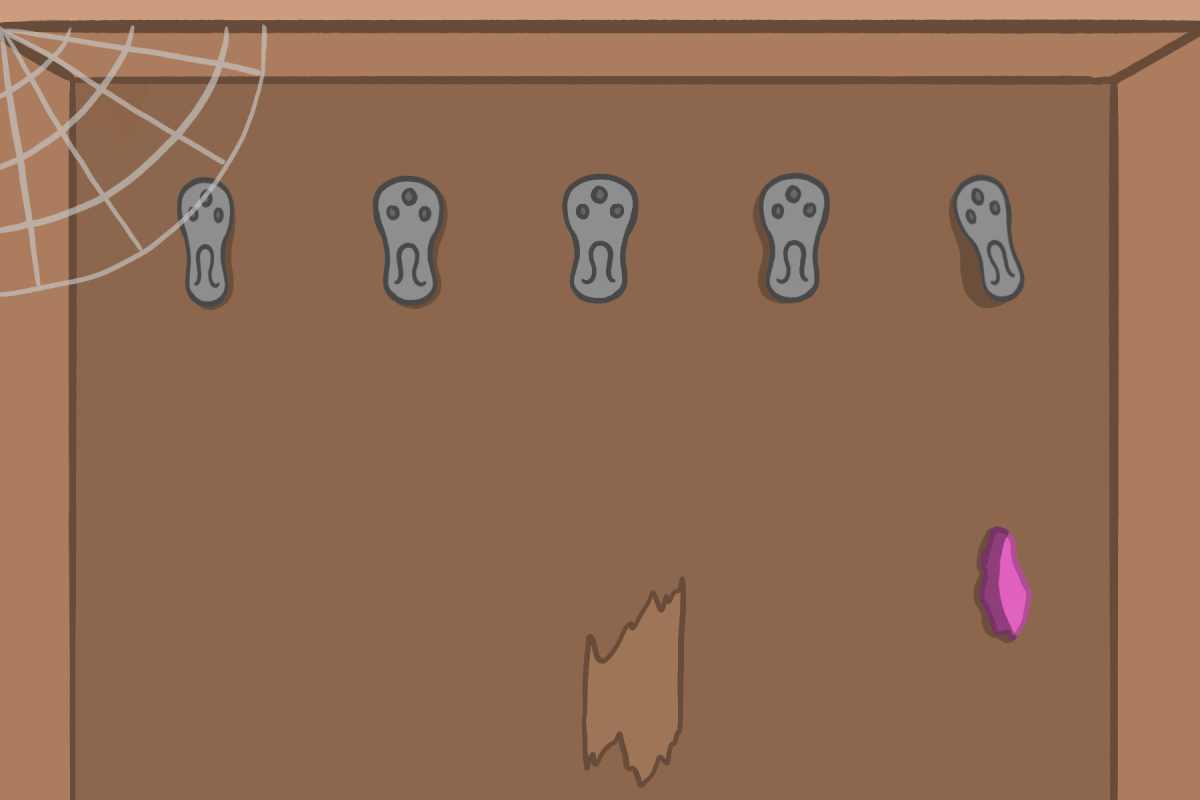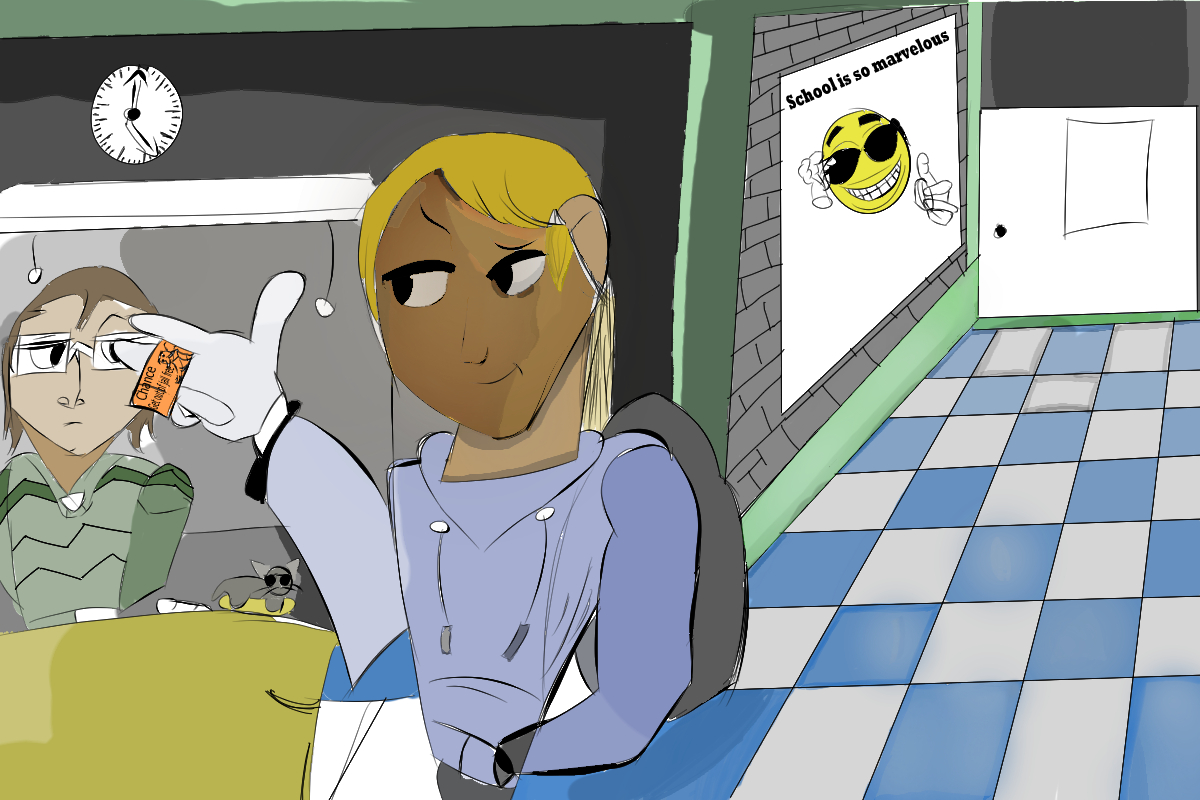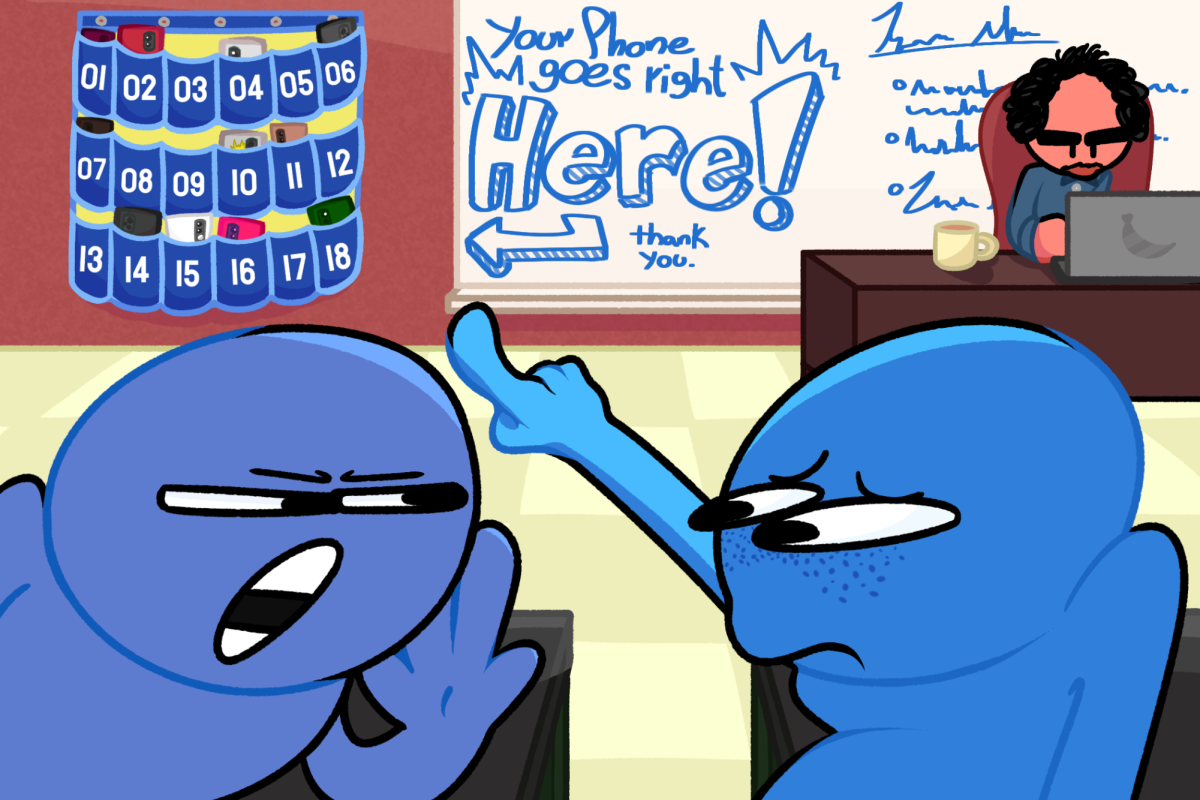This year 2024-25 school year, several classes failed to run because of low enrollment. Students must now take action to preserve these classes or risk losing a wide array of opportunities.
Some classes, such as Drama, intentionally only run every other year. Recently however, classes that typically run annually were not taught this year. These classes include: AP Spanish Literature and Culture, AP Chemistry and Invitation to Contemporary Poetry.
Without such classes, students will lose opportunities for exploring potential career interests and may experience a reduced chance of getting accepted into college.
During course selection in January of 2024, terminated classes all appeared as options for enrollment. Later, students discovered some classes would not be run during the 2024-2025 school year.
“I took AP Spanish [Language and Culture] last year and now I cannot go further with it [Spanish] as I did not want to drop down a level,” said senior Alise Galena, who signed up for Advanced Placement Spanish Literature and Culture last year. “I plan to take Spanish later in my career and now I have lost the ability to get into higher classes next year in college.”
Students fought for AP Spanish by spreading information about it and attempting convincing people why the class could benefit their future. A minimum of only eight people were required for the class to run, but enrollment numbers still fell short.
The few interested students’ future educational path should not be contingent on the lack of interest demonstrated by other students, especially when the school provides such classes as options.
“Since it [AP Spanish Literature and Culture] often only runs one block, other classes such as AP Science end up running the same block and taking students’ priority if Spanish is not their intended major,” said AP Spanish teacher Robyn DeGennaro.
DeGennaro said she discussed AP Spanish Literature and Culture in her AP Spanish Language and Culture classes. However, there had been little interest, especially since a chunk of her students had been graduating seniors.
Typically, AP Chemistry runs every other year. The 2024-2025 school year is the first in two years that it has not run. Only three or four students signed up for the class, falling short of the eight student minimum for a class to run.
Many students believe Chemistry is one of the harder AP courses, discouraging enrollment. Nicholas Guerin, an AP Chemistry teacher, argues that taking the challenging class could benefit students planning on majoring in science. However, running AP Chemistry presents scheduling issues for other classes.
“Running a class for less than eight kids means that I cannot teach two periods of another class, since AP Chemistry needs a block and a half to incorporate labs. This leaves more kids for my colleagues’ sections,” said Guerin.
English Department Head Lynn Leschke said crafting schedules has been like a puzzle. Each department must make schedules based on individual teachers’ skills, student interest and block availability throughout all departments.
Moreover, the NCCA (National Collegiate Athletic Association) has not certified Journalism II. Therefore, college sports do not view it as a legitimate English class, reducing some athletes’ interest in signing up.
But there are solutions to low enrollment in various class levels; Leschke said that combining different levels of the same class can give a class the numbers for running. Different leveled students would simply be offered tasks of varying difficulty within that curriculum. Unfortunately, this solution only works in cases where the curriculum stays the same for all levels.
Another part of the problem of classes not running is a limited number of staff members and classrooms. However, the larger problem lies in student interest.
Each department head decides how many sections of each class runs based on the number of students who sign up for that class.
This year, many sections of Dystopian Literature ran, whereas Journalism Ⅰ only ran for one semester as a less popular selection.
Coming into high school, many underclassmen were not aware of the number of classes available to them. Even older students may be uninformed about less popular classes.
Teachers are encouraged to inform students of the many different class options for electives and core classes within their department. However, highlighting classes that are not commonly discussed should be especially important with the hopes of promoting lesser known classes.
In addition, elective teachers could speak on all categories of elective classes available for students and go into detail about their respective curriculums. All teachers and guidance counselors could also post copies of the WRHS educational guide on their google classrooms, ensuring students are aware of their options before selecting courses.
Any form of advertisement for the many classes offered during course selection time would be helpful. The school could identify and highlight classes often affected by low enrollment, before the selection begins, through the use of the announcements or the weekly emails.











